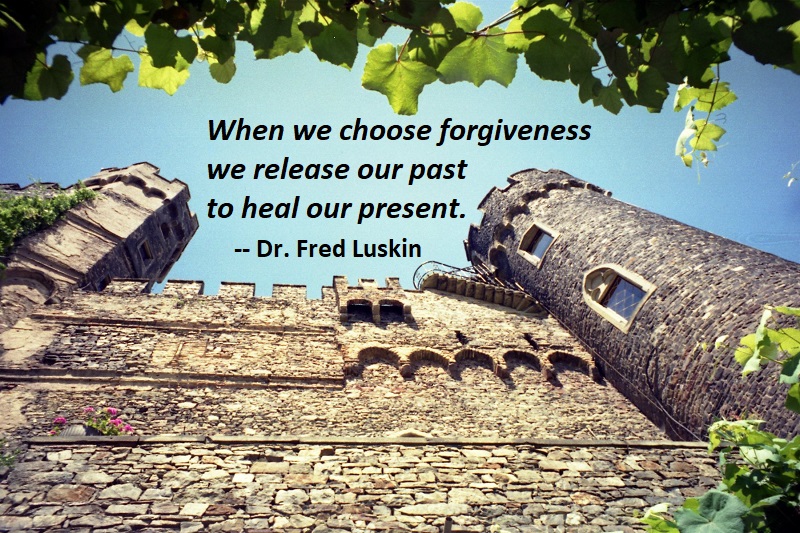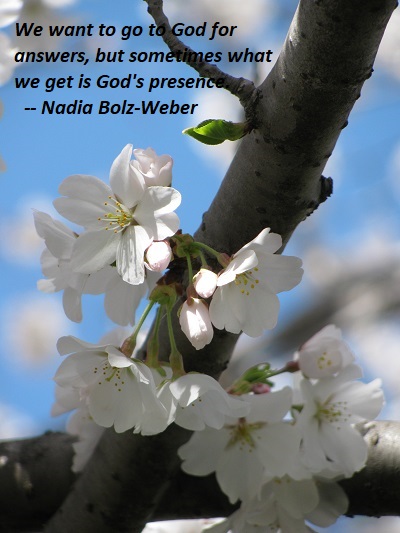Forgiveness Is a Choice.
I begin where I always begin discussions of forgiveness: with my assertion that forgiveness is a choice. Neither you nor I have to forgive anyone who has hurt us. On the other hand, we can forgive all who have done us harm. The decision is ours to make. Forgiveness does not happen by accident. We have to make a decision to forgive. We will not forgive just because we think we should. Forgiveness cannot be forced. I have no intention to demand that you forgive, but I will show you how and then the choice is yours. To help you choose, let me show you why I believe forgiveness is in your best interest. This choice exists whether or not someone asks for forgiveness. Each of us can learn to land the planes endlessly circling on our radar screen. When we choose forgiveness we release our past to heal our present.
— Dr. Fred Luskin, Forgive for Good, p. 63
[Photo: Burg Rheinstein, Germany, July 1997]



